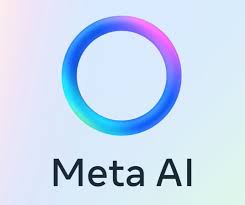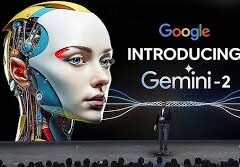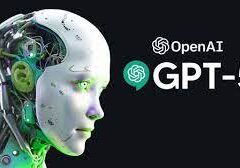Meta Joins the Race to Reinvent Search with AI
Meta, the parent company of Facebook, Instagram, and WhatsApp, is stepping into the evolving AI-driven search landscape. As vendors increasingly embrace generative AI to transform search experiences, Meta aims to challenge Google’s dominance in this space.
The company is reportedly developing an AI-powered search engine designed to provide conversational, AI-generated summaries of recent events and news. These summaries would be delivered via Meta’s AI chatbot, supported by a multiyear partnership with Reuters for real-time news insights, according to The Information.
AI Search: A Growing Opportunity
The push comes as generative AI reshapes search technology across the industry. Google, the long-standing leader, has integrated AI features such as AI Overviews into its search platform, offering users summarized search results, product comparisons, and more. This feature, now available in over 100 countries as of October 2024, signals a shift in traditional search strategies.
Similarly, OpenAI, the creator of ChatGPT, has been exploring its own AI search model, SearchGPT, and forging partnerships with media organizations like the Associated Press and Hearst. However, OpenAI faces legal challenges, such as a lawsuit from The New York Times over alleged copyright infringement.
Meta’s entry into AI-powered search aligns with a broader trend among tech giants. “It makes sense for Meta to explore this,” said Mark Beccue, an analyst with TechTarget’s Enterprise Strategy Group. He noted that Meta’s approach seems more targeted at consumer engagement than enterprise solutions, particularly appealing to younger audiences who are shifting away from traditional search behaviors.
Shifting User Preferences
Generational changes in search habits are creating opportunities for new players in the market. Younger users, particularly Gen Z and Gen Alpha, are increasingly turning to platforms like TikTok for lifestyle advice and Amazon for product recommendations, bypassing traditional search engines like Google.
“Recent studies show younger generations are no longer using ‘Google’ as a verb,” said Lisa Martin, an analyst with the Futurum Group. “This opens the playing field for competitors like Meta and OpenAI.”
Forrester Research corroborates this trend, noting a diversification in search behaviors. “ChatGPT’s popularity has accelerated this shift,” said Nikhil Lai, a Forrester analyst. He added that these changes could challenge Google’s search ad market, with its dominance potentially waning in the years ahead.
Meta’s AI Search Potential
Meta’s foray into AI search offers an opportunity to enhance user experiences and deepen engagement. Rather than pushing news content into users’ feeds—an approach that has drawn criticism—AI-driven search could empower users to decide what content they see and when they see it.
“If implemented thoughtfully, it could transform the user experience and give users more control,” said Martin. This approach could also boost engagement by keeping users within Meta’s ecosystem.
The Race for Revenue and Trust
While AI-powered search is expected to increase engagement, monetization strategies remain uncertain. Google has yet to monetize its AI Overviews, and OpenAI’s plans for SearchGPT remain unclear. Other vendors, like Perplexity AI, are experimenting with models such as sponsored questions instead of traditional results.
Trust remains a critical factor in the evolving search landscape. “Google is still seen as more trustworthy,” Lai noted, with users often returning to Google to verify AI-generated information.
Despite the competition, the conversational AI search market lacks a definitive leader. “Google dominated traditional search, but the race for conversational search is far more open-ended,” Lai concluded.
Meta’s entry into this competitive space underscores the ongoing evolution of search technology, setting the stage for a reshaped digital landscape driven by AI innovation.













